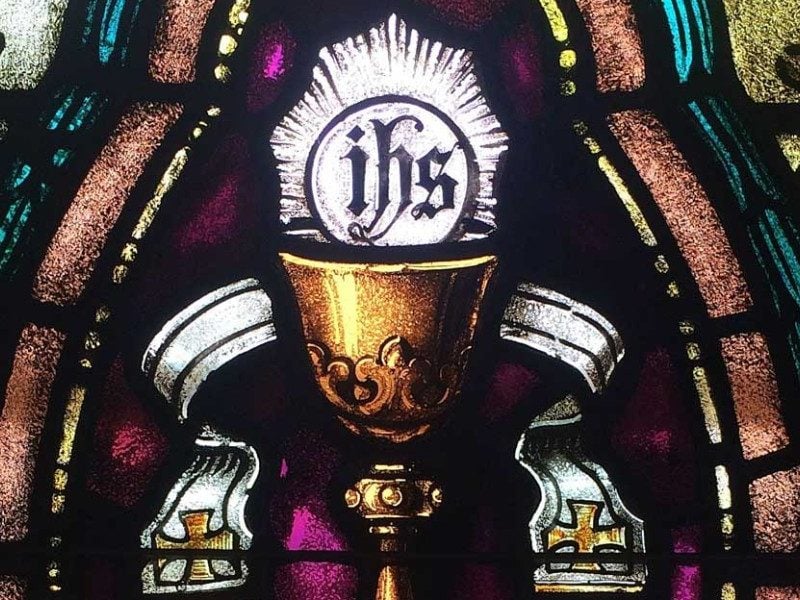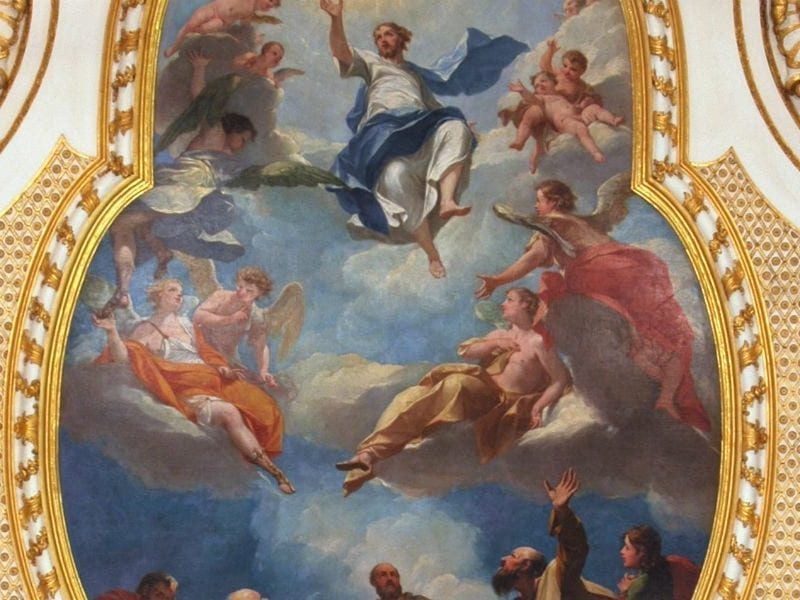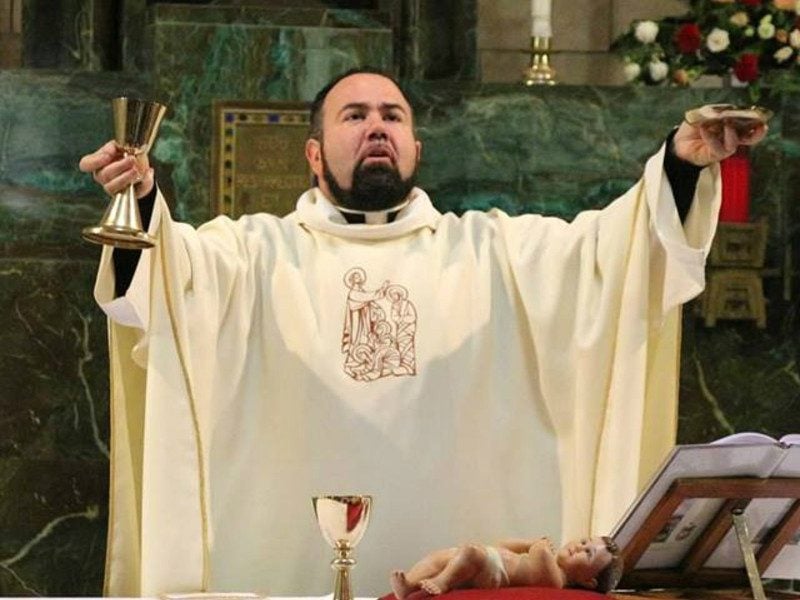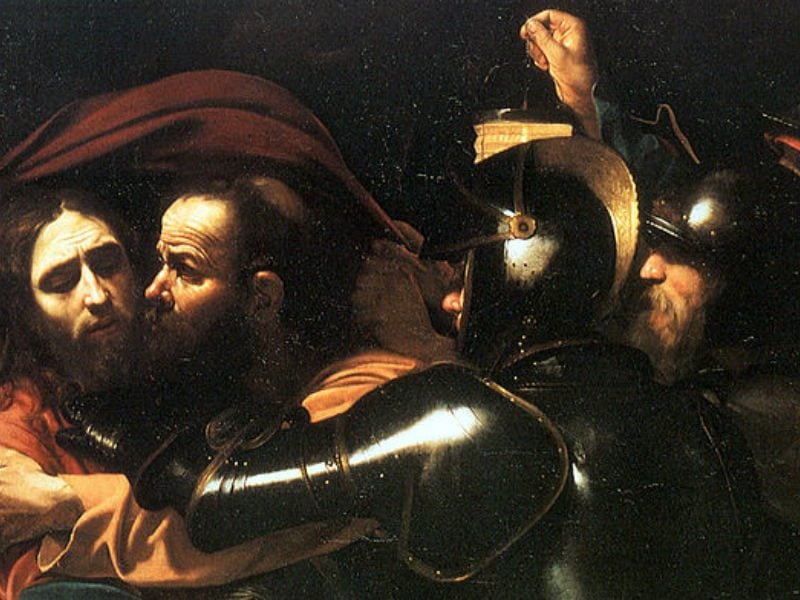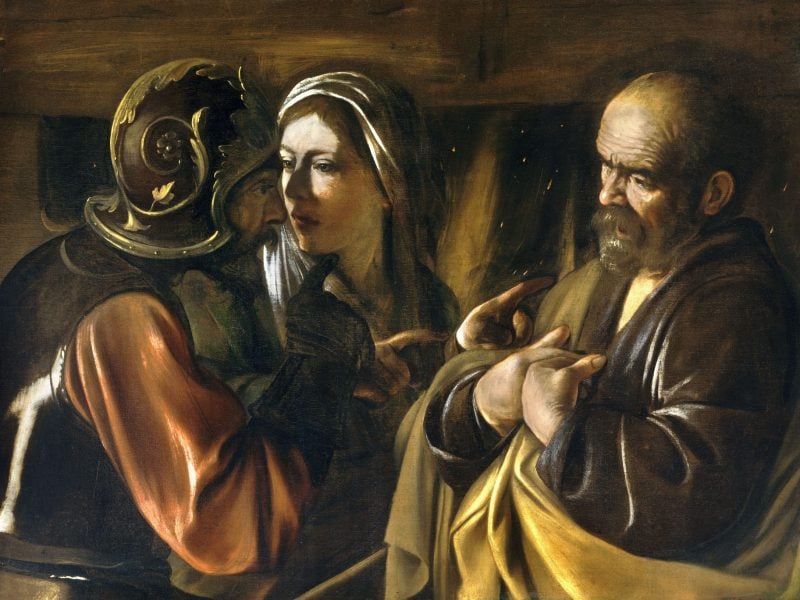This is My Body – Eucharistic Consecration & Transubstantiation – Ambrose
While the word "transubstantiation" is not employed here, the substance of this doctrine of Christ's real presence in the Eucharist is evident in this passage from St. Ambrose's treatise On the Mysteries, dating to AD 380. This excerpt explains the power of the words of...



